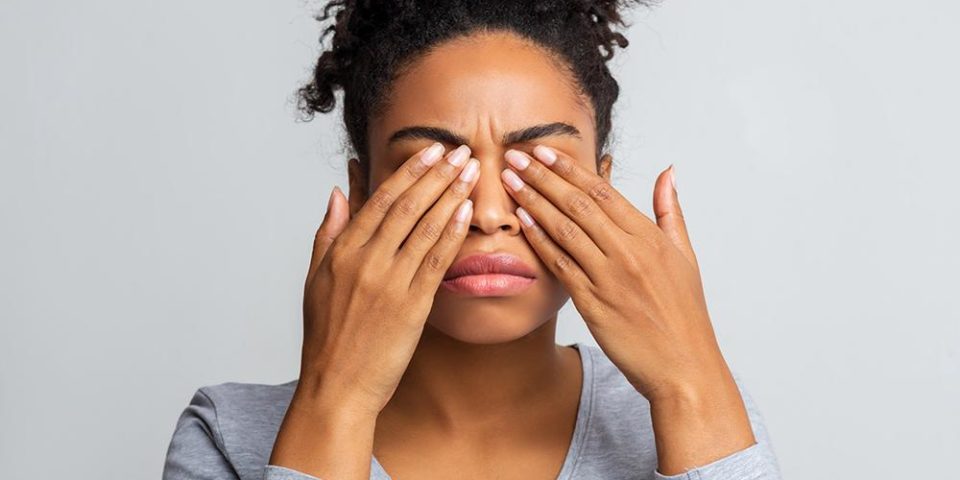Pink eye? How to tell if it’s allergies, infection or coronavirus
Allergy symptoms that crop up in the spring, such as watery eyes and stuffy nose, can often be mistaken for viruses like COVID-19 or pink eye. John Siddens, DO, explained how to tell the difference.
“If your eyes are red, watery and itchy, these are probably signs of allergies,” Dr. Siddens said. “Coronavirus symptoms generally do not cause those uncomfortable itchy, watery eyes. Another way to tell the difference is by the presence of fever. Allergy sufferers do not have fever as a symptom, while coronavirus patients often do.”
What’s the connection between pink eye, allergies and coronavirus?
There are reports that people with coronavirus may develop pink eye (viral conjunctivitis). Their symptoms can look like any typical allergic conjunctivitis symptoms, but Dr. Siddens said there are ways to tell them apart.
Allergic conjunctivitis usually affects both eyes with itching, burning and redness. They may feel gritty like something is in the eye, and there may be some puffiness around the eyes. You will probably also have other allergy symptoms like a runny nose and sneezing. You typically have allergic conjunctivitis around the same time each year.
Viral conjunctivitis is generally an isolated incident and may affect one or both eyes. It also causes burning, red eyes, but there is usually also a watery discharge that may feel slightly thicker and stickier than tears.
Coronavirus is a concern if you have conjunctivitis symptoms along with these symptoms:
- Fever
- Cough
- Shortness of breath or trouble breathing
- Bluish color to lips or face
- Chest pain or pressure
- Extreme fatigue
- Loss of smell or taste
- A new sense of confusion
- Nausea or diarrhea
What to do if you have red, watery eyes
Dr. Siddens said the first thing to do is to try treating your allergy symptoms as you usually do. Over-the-counter anti-allergy eye drops and lubricating eye drops are the first line of treatments for allergic eye problems. If these remedies do not help in a few days, you should call your eye physician.
If your eye allergy symptoms do include coronavirus symptoms, call your health care provider for medical advice, especially if you have breathing issues, chest pain or pressure or fever.
Regardless of what’s causing your red, watery eyes, it’s important to use good hand hygiene and avoid touching your eyes and face.
Need care today?
Use an E-Visit for quick, convenient care. Just go online, answer questions about your symptoms and submit.
Get Care Now

